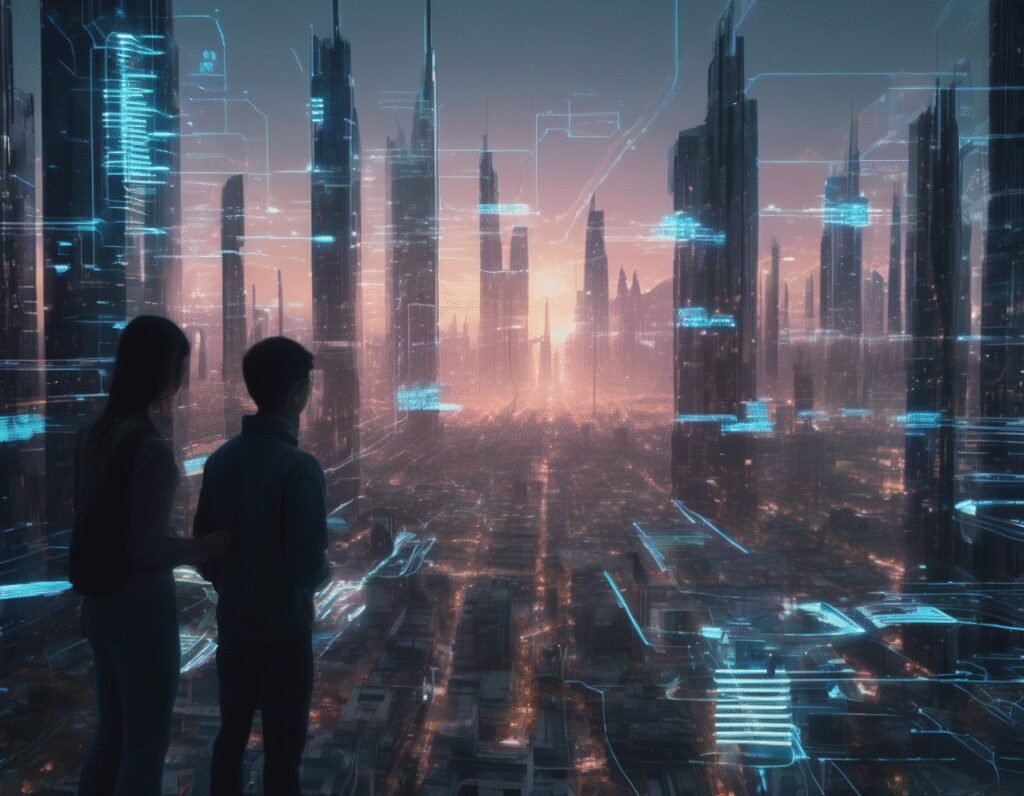The Rise of AI and the Unfinished Revolution
Whether you embrace it or resist it, artificial intelligence is undeniably shaping the 2020s. OpenAI’s GPT-5 has arrived as ChatGPT climbs to become the fifth most visited website globally, surpassing giants like Wikipedia, Reddit, TikTok, and Amazon. In just three years, this technology has transformed education, disrupted the tech job market, and even sparked concerns about mental health impacts tied to chatbot interactions. Yet, despite its rapid adoption and transformative potential, the AI revolution faces a critical challenge.
ChatGPT’s explosive growth highlights how deeply AI has embedded itself into daily life. Students use it to draft essays, professionals rely on it for coding assistance, and businesses integrate it into customer service. The platform’s traffic dominance reflects a broader shift—AI is no longer a niche tool but a mainstream utility.
But this rapid rise hasn’t been without consequences. The education sector struggles to adapt as AI blurs the line between original work and machine-generated content. Meanwhile, tech workers face uncertainty as automation threatens traditional roles. Mental health professionals report rising cases of anxiety and dependency linked to excessive chatbot use, raising ethical questions about AI’s societal impact.
Despite these challenges, the biggest hurdle for AI isn’t adoption—it’s trust. Users still question the reliability of AI-generated information, and businesses hesitate to fully delegate critical tasks to machines. The lack of transparency in how models like GPT-5 operate fuels skepticism. Without addressing these concerns, AI’s potential may remain unrealized.
The next industrial revolution is here, but its success hinges on overcoming this trust deficit. As AI continues to evolve, the conversation must shift from capability to accountability. Only then can it truly redefine the decade.

